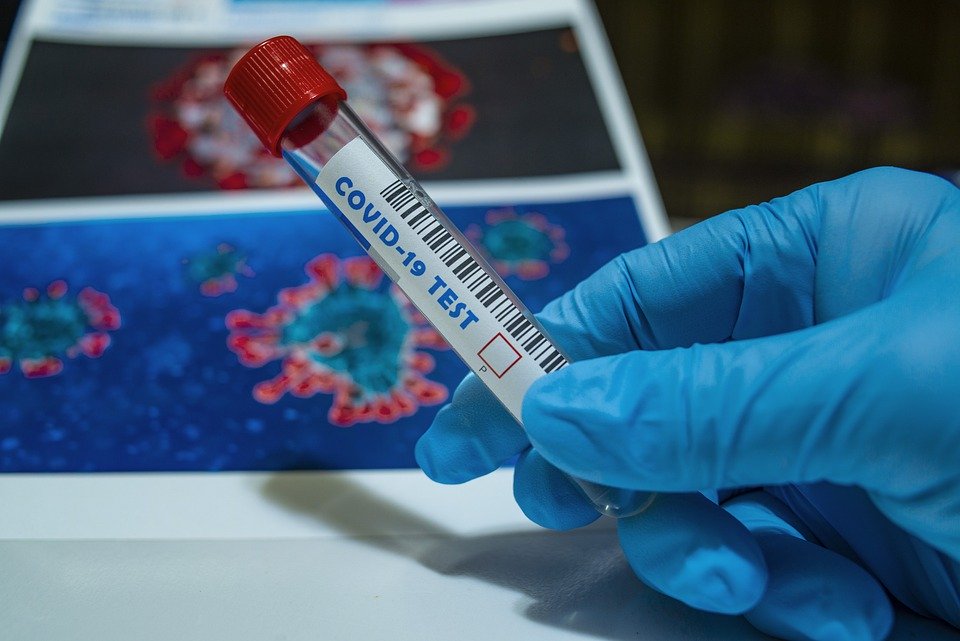In announcing a new initiative to track the effect of the Covid-19 pandemic on foreign corruption and bribery, the Organization for Economic Cooperation and Development (OECD) has called on international governments to protect whistleblowers.
“The high risk of corruption poses a major challenge to tackling this global health crisis,” said Drago Kos, Chair of the OECD Working Group on Bribery, in an April 22 press release. The Group called on national leaders to “respect the rule of law, ensure integrity in public procurement, transparency, the effective protection of whistleblowers, and press freedom in order to fight all forms of corruption, especially corruption that could undermine the response to the pandemic.”
The health sector has always been at high risk for corruption, and the coronavirus pandemic heightens this risk, the organization said. Bribery can divert equipment and medicines away from those most in need, exacerbate inequalities in access, or promote harmful and ineffective treatments.
The OECD Working Group on Bribery monitors implementation of the OECD Anti-Bribery Convention, a 1997 agreement between 44 countries, including the United States, that criminalized bribery of public officials by corporations. The convention is significant because it’s the only international legal instrument targeting bribers—or the “supply-side” of corruption—rather than recipients. The OECD has already released a report outlining the risks to government integrity posed by coronavirus bailout packages and contracting efforts.
The United States has some of the world’s strongest whistleblower protection laws, based on the success of qui tamlaws, which allow individuals to receive rewards for reporting fraud to the government. These laws allow whistleblowers to collect between 10 and 30 percent of any monetary sanctions resulting from successful enforcements, often while remaining anonymous.
The broad jurisdiction of these laws means whistleblowers from outside the US can take advantage of them. The Foreign Corrupt Practices Act prohibits any company traded on US stock exchanges from bribing foreign officials, even if the bribe doesn’t take place on US soil. Whistleblowers are entitled to financial rewards for cases that collect more than $1 million in penalties, including non-US citizens. The US Justice Department prosecutes criminal violations under the FCPA, and the Securities and Exchange Commission (SEC) enforces civil violations. The Dodd-Frank Act created whistleblower programs for the SEC and Commodity Futures Trading Commission, both of which have international jurisdictions. The SEC enforces the Securities Exchange Act, which regulates all securities traded in the United States, and the CFTC regulates US commodity exchanges, which involve commodities produced from across the globe.
But probably the most effective tool for stopping coronavirus-related fraud is the False Claims Act (FCA). The FCA covers all US federal spending and procurement, and it’s an extremely powerful tool in preventing fraudsters from selling ineffective medicines, failing to perform services, or obtaining reimbursements for unnecessary healthcare services. To date, the United States has collected over $44 billion in sanctions from criminals and wrongdoers from whistleblower cases under the FCA. The law also allows whistleblowers to receive awards as a percentage of fines collected in a successful investigation and imposes treble damages on plaintiffs.
Corruption—whether through bribery, fraud, or other criminal practices—is already spreading in the fertile environment created by the coronavirus pandemic and related government spending. The OECD’s initiative shows that even the world’s top financial watchdogs recognize the vital role of whistleblowers in mitigating the damage.
